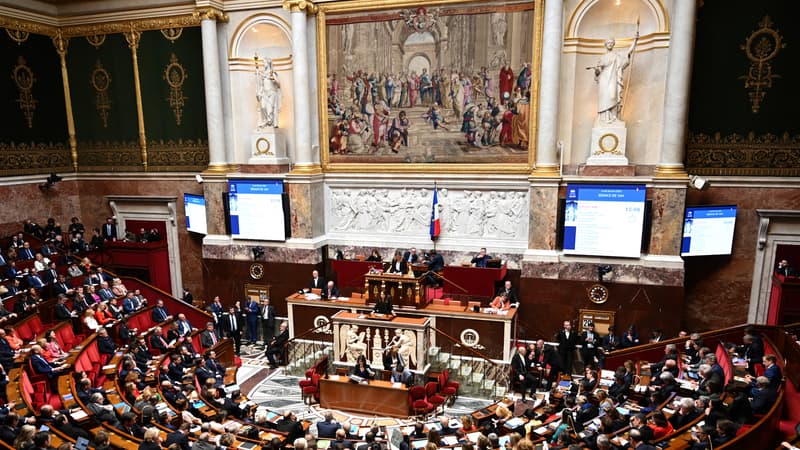The green industry bill, which aims to accelerate a low-carbon reindustrialization of the country, must be examined starting this Monday in the first reading by the National Assembly, after its broad approval in the Senate.
Cut procedural time in half
The Government, which has made the industrial reconquest a priority battle after the pension crisis, is prominently putting on the table a reduction in the deadlines for installation authorizations and new tools to attract private savings.
The bill sets the goal of halving the average time required to obtain authorization to open a factory, currently estimated at 17 months. The objective is to promote projects like those of the “big five” -wind, photovoltaic, heat pumps, batteries, carbon-free hydrogen-.
For some projects of “greater national interest”, designated by decree, an exceptional procedure is provided, shaking hands with the State.
The executive emphasizes the mobilization of private savings, rather than public money. With a new product for children under 18, the “future climate savings plan”, whose executive expects one billion euros in revenue for the green industry.
A label would also be created to give virtuous companies privileged access to public procurement.
1600 amendments to study
In the Senate with a right-wing majority, the text had been redrafted to involve communities more, particularly in industrial projects “of great national interest.” But, concerned about seeing the procedures slow down, the Government and the deputies of the presidential camp have rectified the situation through committee amendments.
Despite opposition from the presidential camp, another provision filed in the Senate was upheld: it requires the state to develop a “national strategy” for green industry through 2030.
Nearly 1,600 amendments have been presented for consideration in the chamber, which can be extended until July 23, before the summer recess of deputies.
But his group criticizes the bill in particular for focusing on the “big five” while neglecting other parts of the industry and for “failing to address the issue of imports.”
The National Group for its part mocks a “splash of first fruits” and the left, a lack of ambition. The objective is to “attract foreign investment in exchange for tax handouts or even less environmental surveillance,” says the socialist Gérard Leseul.
Source: BFM TV


